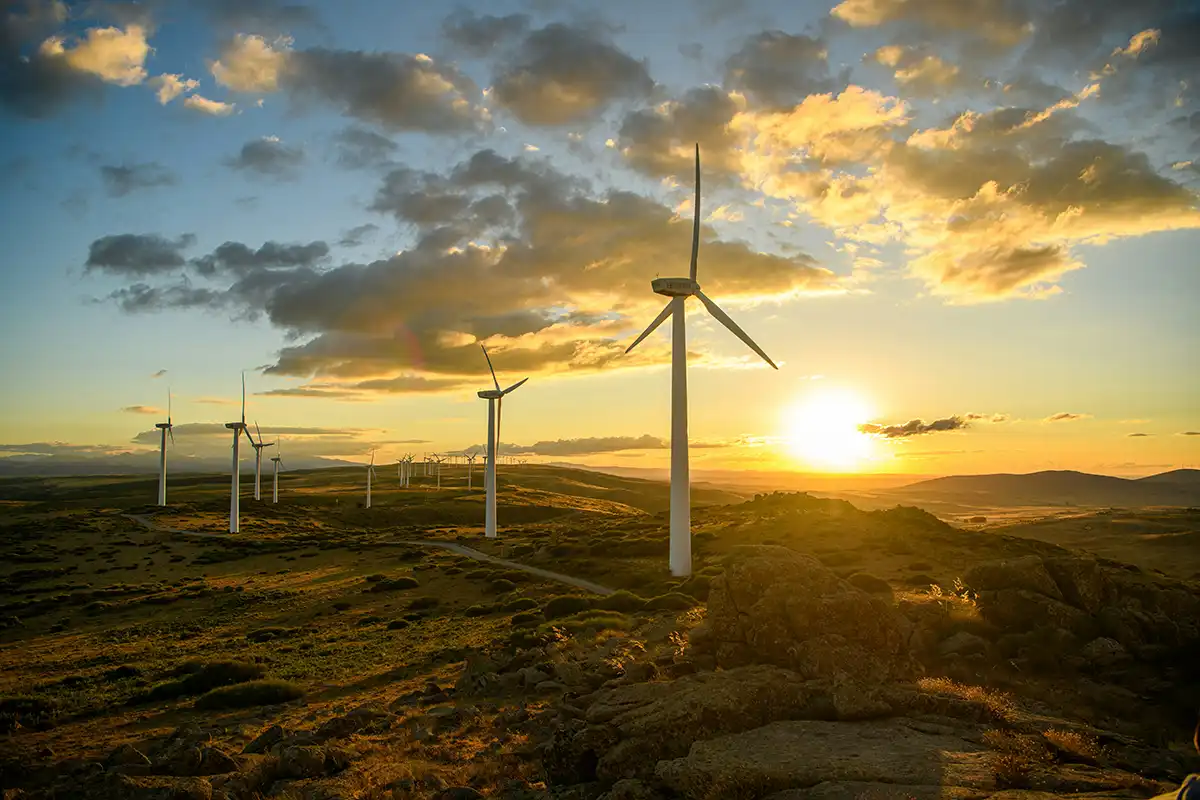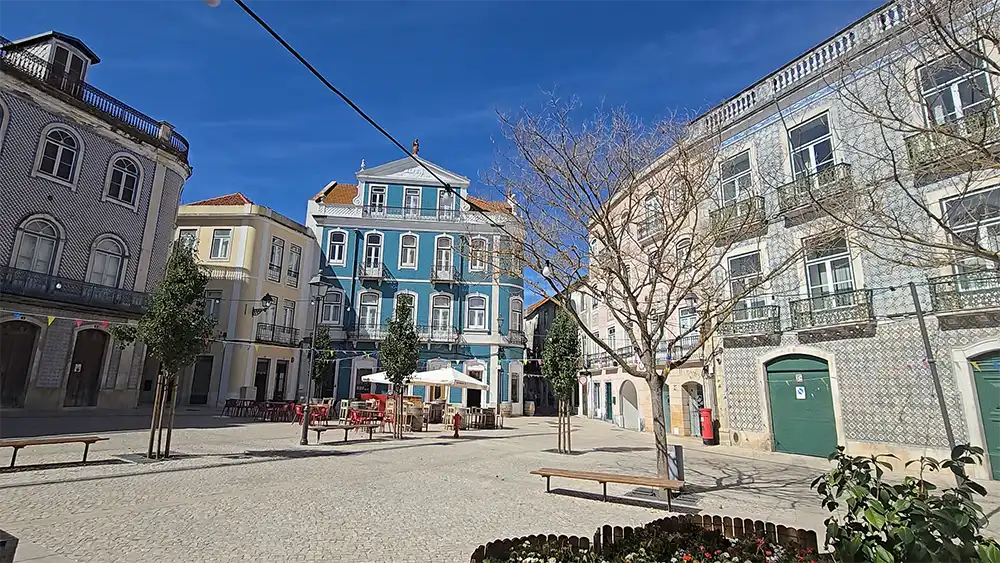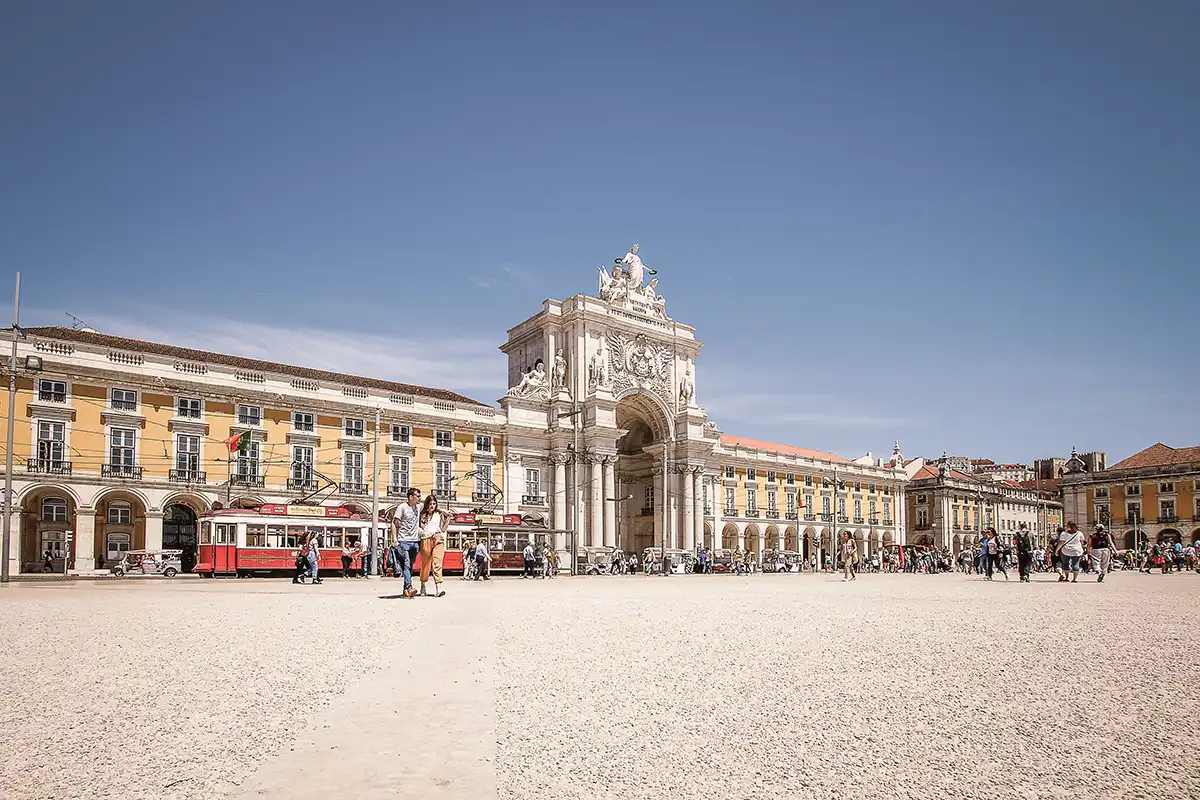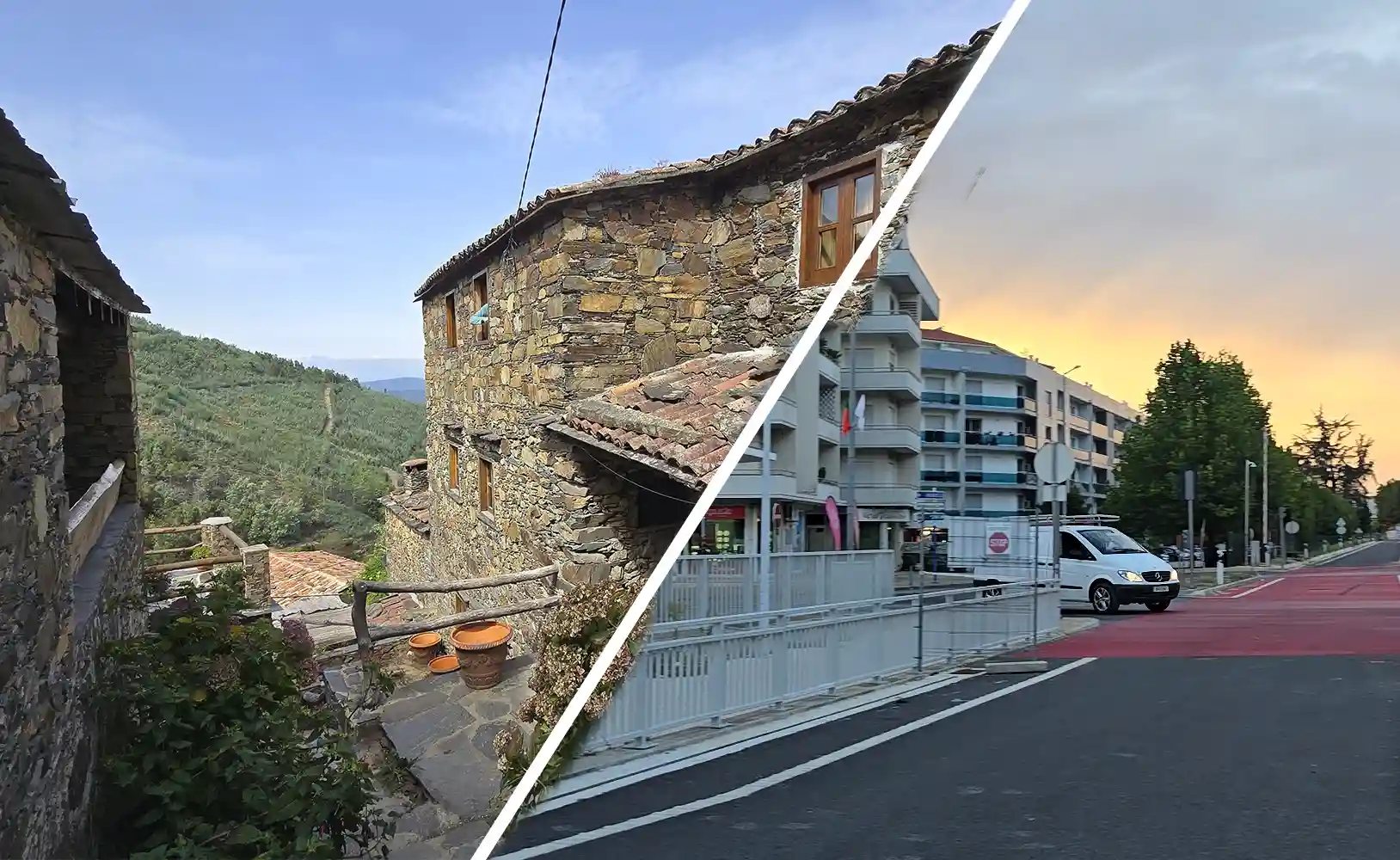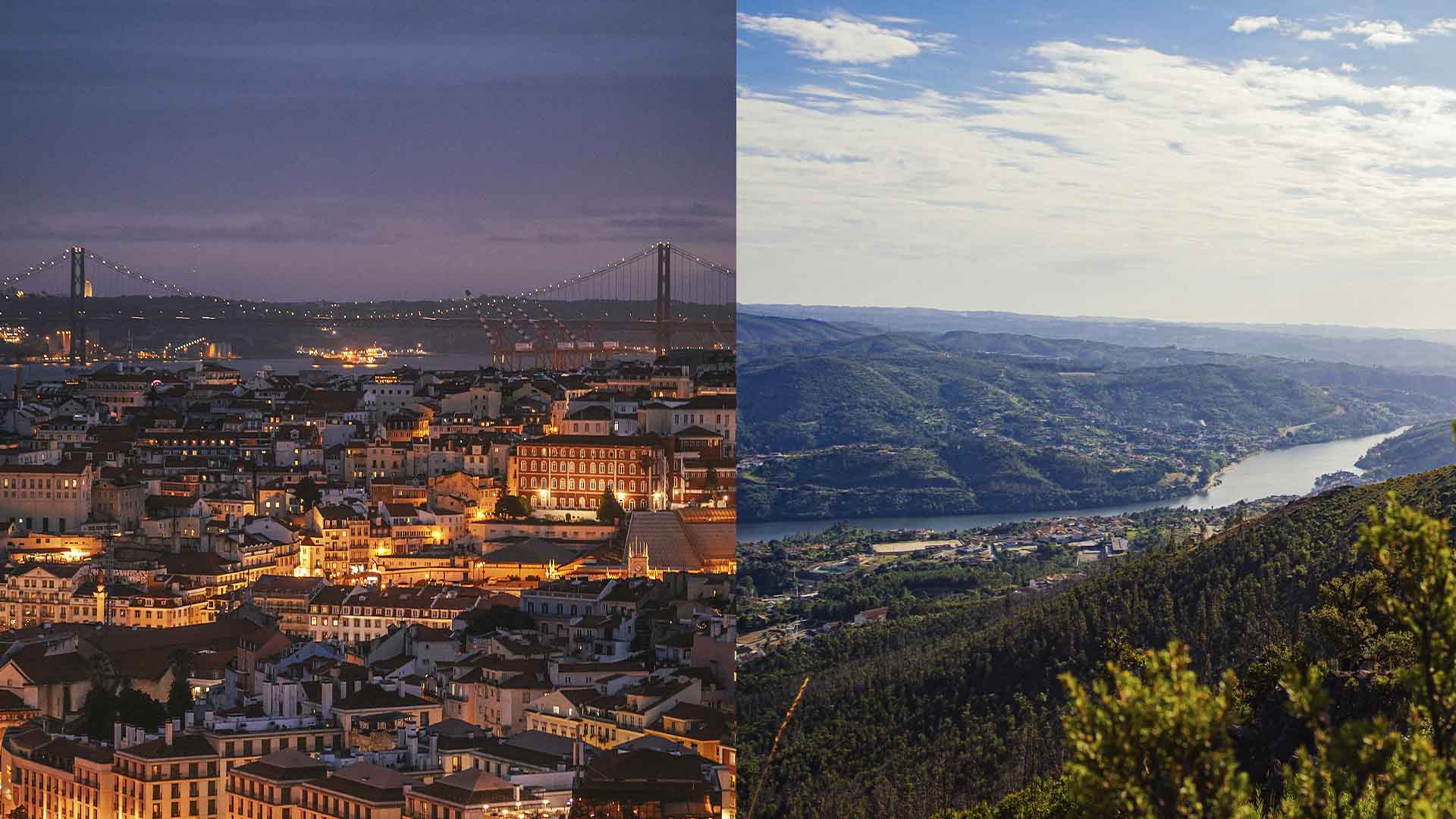Sustainability is one of those topics that should be on everyone’s mind. Portugal often comes up as a place known for its clean energy, organic food, and slower pace of life. But how sustainable is Portugal, really?
Let’s take a closer look at how the country performs when it comes to renewable energy, construction standards, waste management, and local community efforts.
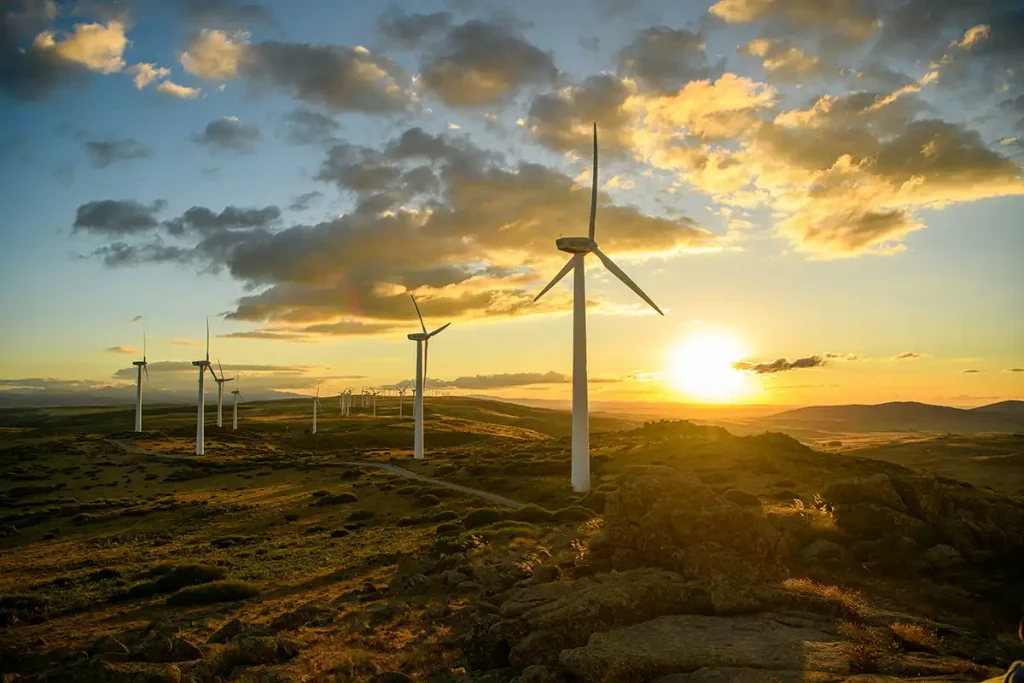
Portugal’s Progress in Renewable Energy
When it comes to renewable energy, Portugal stands out. The country now produces about 71% of its own energy from renewable sources. Of that, 34% comes from wind power, 24% from hydropower, and around 5% each from solar and biomass.
A few years ago, Portugal even managed to run entirely on renewable energy for four consecutive days — a small milestone, but a big symbol of progress.
There’s also been a growing push for solar power, especially in the sunny southern regions of the Algarve and Alentejo, where the country enjoys more than 300 sunny days a year. While Portugal isn’t yet fully energy self-sufficient, it’s heading in the right direction with steady national and regional investments.
How Portugal Measures Up in the EU
Portugal is part of the European Union’s sustainability goals for 2030. Out of the EU’s 17 major sustainability targets, Portugal has fully achieved 23 of its sub-goals and shown progress in 11 others since 2015.
The strongest improvements have been in environmental sustainability — especially energy production and renewable infrastructure. However, the country still has some work to do in waste management, ocean protection, and social sustainability.
For example, only about 21% of waste is currently recycled, which is below EU averages. And even though Portugal controls one of the largest maritime zones in the world, efforts to regulate fishing and protect marine ecosystems are still behind expectations.
Local Sustainability Efforts
While national policies move slowly, many local communities are leading the way. Cities like Lisbon and Porto are often praised for sustainability, though opinions vary on how green they truly are.
Many towns have introduced community composting bins where residents can drop off organic waste. These small, everyday policies are helping build awareness and habits around sustainability.
Portugal also promotes forestry management and environmental education at the local level. Towns like Lousada, for example, have implemented reforestation programs and created community events to teach residents about sustainable living.
Energy Efficiency in Buildings
One area where Portugal still struggles is energy efficiency in housing. Many Portuguese homes — especially older ones — have poor insulation, leading to unnecessary energy use for heating and cooling.
Construction laws were updated in 2008, and by 2010, all new buildings were required to meet modern energy standards. Today, new homes are rated on an energy efficiency scale from A to F, with A+ being the most efficient.
Recent updates have tightened these standards further, and there were even government incentives for upgrading older homes to be more energy-efficient, though those programs closed in 2025.
So while older homes still lag behind, Portugal’s new constructions are far more energy-conscious than they were a decade ago.
Sustainable and Intentional Communities
Across Portugal, there’s a growing movement of eco-villages and sustainable communities — many started by locals and expats alike.
One of the oldest examples is Tamera, a well-known intentional community founded by a German group decades ago. In central Portugal, the village of Kaboom was revived about five years ago and now houses several families focused on self-sufficiency and eco-tourism.
You’ll also find sustainable living projects in regions like Aldeia do Vale (north), Aldeia do Souto (central), and Aljezur (southwest) — the latter known for its large community of environmentally minded expats and spiritual groups.
These communities often focus on organic farming, natural building methods, and shared resources — breathing new life into villages that were once nearly abandoned.
Sustainable Agriculture and Local Food
Portugal’s land is fertile, and its produce is widely respected for quality and flavor. But despite this potential, small farmers still lack strong government support, and much of the food sold in major supermarkets is imported.
That said, it’s easy to find local produce in markets across the country. Portuguese law requires clear labeling of where products come from, so shoppers can easily choose local options marked “Produto de Portugal”.
There’s also a growing number of organic farms and biological certifications, which require soil to remain chemical-free for at least two years before being certified. These products are often labeled as “biológico” and are available in major supermarkets, farmers markets, and local cooperatives.
The Road Ahead
Portugal is making visible progress toward sustainability — particularly in renewable energy and local environmental initiatives. But the country still faces challenges with waste management, marine conservation, and supporting local agriculture.
Still, what stands out most is the grassroots effort. From composting programs in Lisbon neighborhoods to small eco-communities rebuilding forgotten villages, Portugal’s real sustainability movement seems to come from the ground up.
For anyone thinking about relocating, investing, or simply living more consciously, Portugal offers both opportunity and inspiration — a place where the climate, the culture, and the community align toward a more sustainable future.
If you’d like to learn more about moving to Portugal or finding the right area for your lifestyle and budget, visit www.savvycatrealty.com or reach out to us directly at contact@savvycatrealty.com.
We share new insights every week about life, property, and relocation in Portugal — so stay tuned for more!

